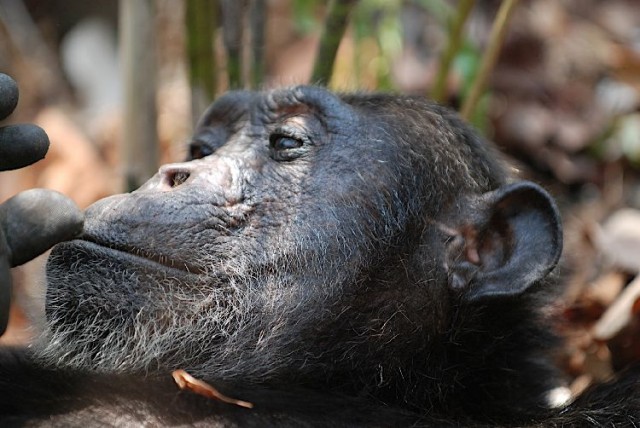Humans may have company when it comes to midlife crises
Ars Technica » Scientific Method 2012-11-20
Midlife crises strike millions of people each year, throwing them into depression, making them question their success, and prompting them to buy ridiculously expensive cars. Sociologists have proposed many possible causes of the ubiquitous midlife crisis, ranging from feelings of regret to financial hardship and unmet expectations. However, new evidence from a somewhat unlikely place—zoos and primate sanctuaries—suggests that midlife crises may have more to do with our evolutionary history than previously thought.
Since we share so much with our great ape relatives, researchers wondered if they, too, tended to have decreased well-being in the middle of their lives. The researchers recruited more than 500 captive great apes, including chimpanzees and orangutans, from North America, Australia, and Asia, to take part in the study. Caretakers, primate researchers, and volunteers that were familiar with the apes were asked several questions, such as whether the individual was in a positive or negative mood and how much pleasure they currently derive from various situations. These responses were averaged and used to determine the general happiness and well-being of each ape.
Just as in humans, well-being in the apes was U-shaped, declining steadily until reaching a low point, then increasing until death. On average, apes were rated as least happy at 31.9 years old, which is approximately middle age for an ape. Like humans, chimpanzees and orangutans appear to experience a type of psychological “crisis” in the middle of their lives, in which their well-being is at its lowest point.
Read 5 remaining paragraphs | Comments
